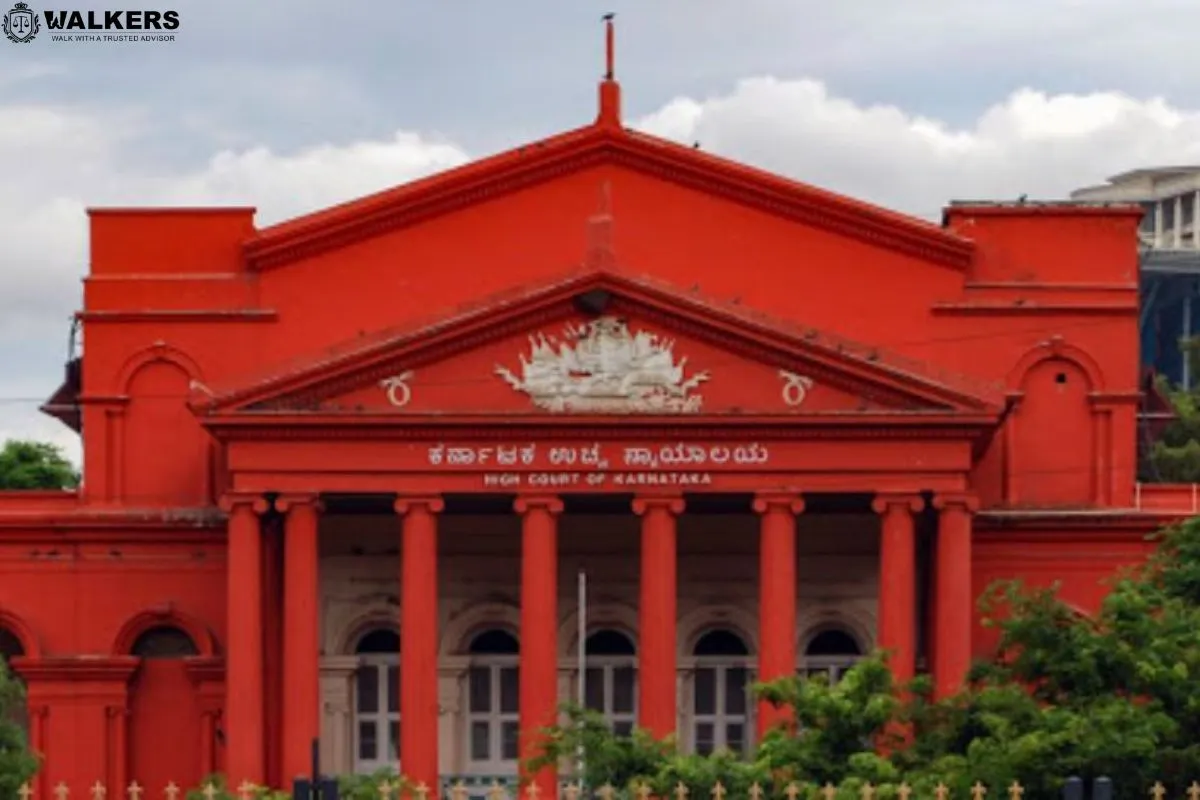


The Karnataka High Court recently declined to dismiss proceedings against former Karnataka Minister MR Seetharam, son of renowned educationist MS Ramaiah, for allegedly aiding the unaccounted routing of ₹50 lakh. Justice M Nagaprasanna stated that the former Minister failed to provide a satisfactory explanation. Consequently, the Court chose not to utilize its inherent powers under Section 482 of the Code of Criminal Procedure (CrPC) to quash the case.
In 2016, the Anti Corruption Bureau (ACB) filed a case against TN Chikkarayappa, former managing director of Cauvery Neeravari Nigam, accusing him of offences punishable under Sections 13(1)(d), 13(1)(e) read with 13(2) of the Prevention of Corruption Act for allegedly possessing assets worth ₹3.58 crore disproportionate to his known sources of income.
During the investigation, it was discovered that the MS Ramaiah Education Society, of which Seetharam was the President, issued a cheque worth ₹50 lakh to MS Ramaiah Medical College. According to the Society's response to the ACB's notice, this was an educational loan granted to Chikkarayappa's daughter.
However, when the ACB requested details of the loan through another notice, the Society claimed to have become defunct, rendering the records unavailable.
Consequently, the ACB filed a chargesheet against Seetharam. He subsequently challenged the charges in the High Court.
Seetharam argued that although he signed the cheque as President of the Society, the responsibility for issuing the cheque ultimately rested with the Society. Thus, he claimed no wrongdoing on his part.
He also contended that by the time the second notice was sent by the ACB, the Society had become defunct, resulting in the unavailability of its records.
Based on these arguments, Seetharam sought the quashing of the proceedings against him.
On the contrary, the State argued that if the Society had indeed granted a loan to Chikkarayappa's daughter, it would have been mentioned in the returns filed by the Society, which was not the case.
Furthermore, the State emphasized that the Society failed to produce any documents when issued a notice. Considering the Society's evasive reply, it contended that whether or not the documents were unavailable due to the Society being defunct would be a matter for trial.
The Court observed that the defense of the Society becoming defunct was only raised after the ACB requested details of the loan and not when the first notice was issued. It noted that the records could not have vanished between the two notices, which were just a week apart.
"The defense was never that the Society had become defunct when the reply was submitted on 26-04-2018, but when all the details were sought, a new swan song is sought to be sung by the Society of which the petitioner was the President," remarked the Court.
The Court further noted that the cheque was drawn in the name of the College with Seetharam's signature, thereby invoking the provisions of Section 109 (punishment for abetment) of the Indian Penal Code (IPC) against him.
Additionally, the Court stated that when a case involves highly disputed questions of fact, it would not interfere with its jurisdiction under Section 482 CrPC.
Consequently, the Court rejected all the grounds raised by Seetharam and dismissed his plea.
Advocate Prasanna Kumar represented Seetharam, while Special Public Prosecutor BB Patil represented the State.
Click Here to: Download/View Related File
TAGS: Karnataka High Court quash proceedings former Karnataka Minister MR Seetharam son of MS Ramaiah abetting unaccounted routing ₹50 lakh Justice M Nagaprasanna Section 482 of CrPC Anti Corruption Bureau (ACB) TN Chikkarayappa Cauvery Neeravari Nigam Prevention of Corruption Act assets disproportionate income MS Ramaiah Education Society cheque MS Ramaiah Medical College educational loan defunct records unavailable chargesheet special court cognizance High Court challenge President of Society fault State contention documents notice evasive reply trial defense provisions of IPC Section 109 disputed questions of fact jurisdiction Advocate Prasanna Kumar Special Public Prosecutor BB Pat